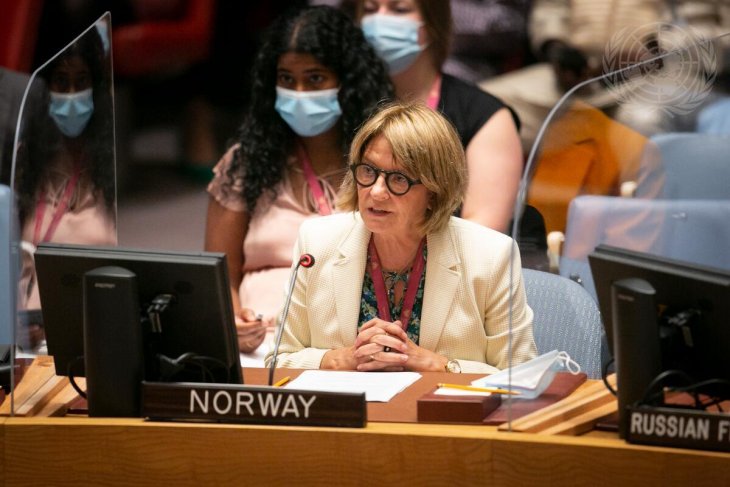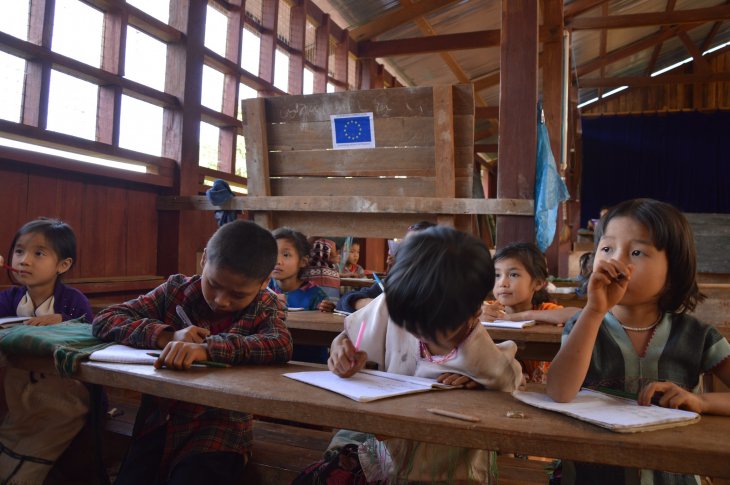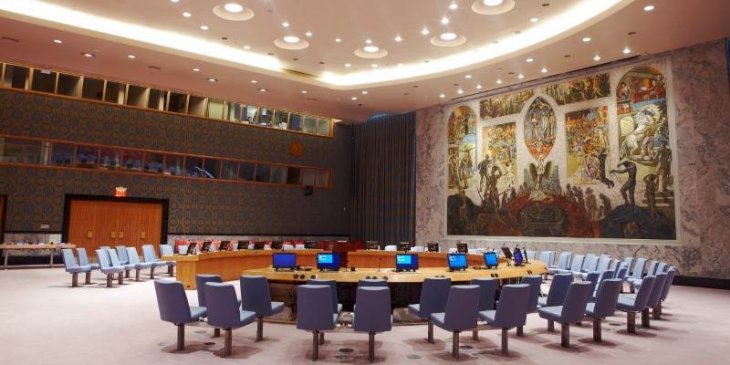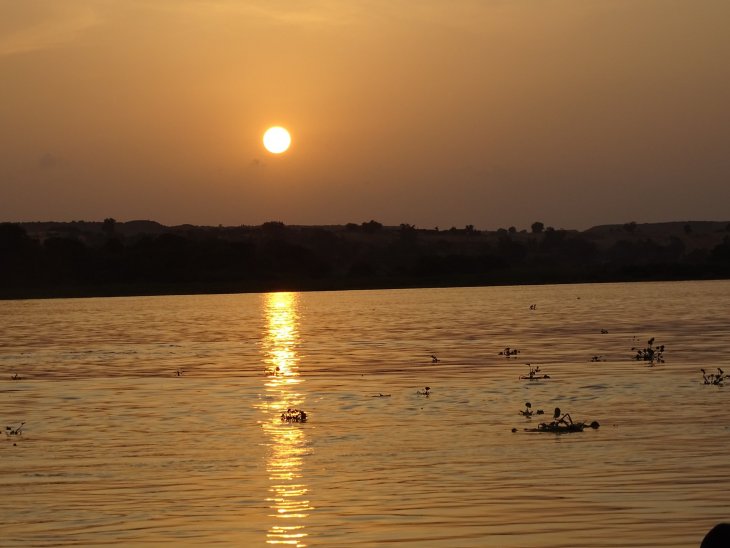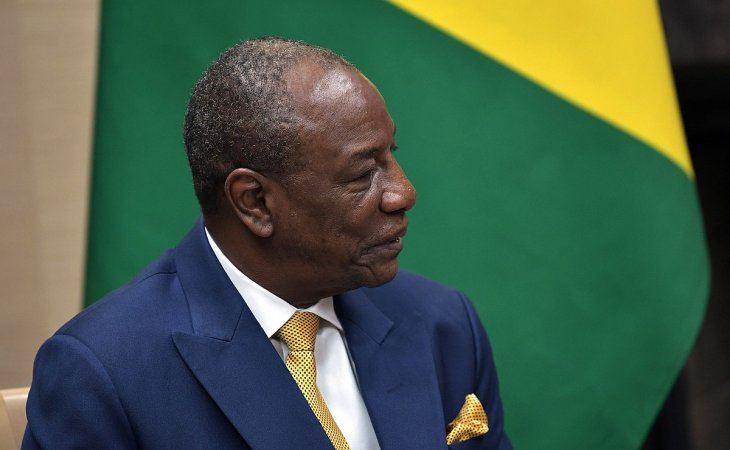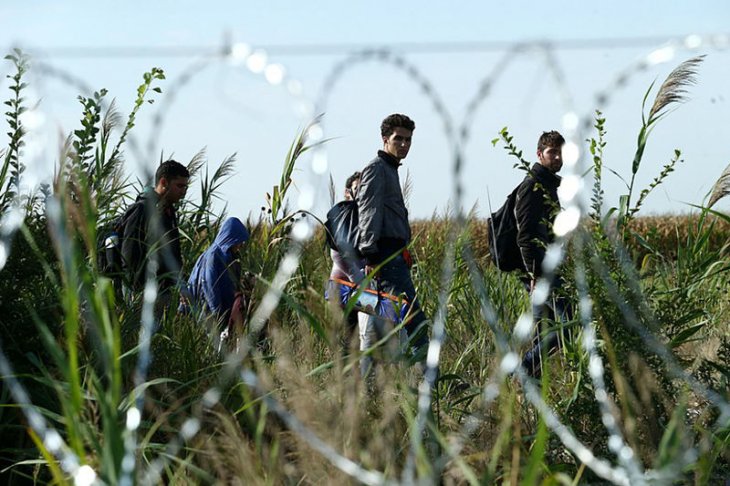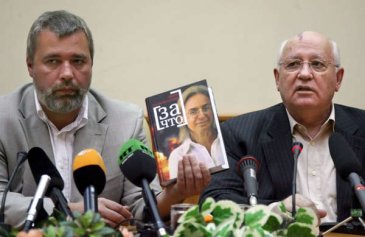The 2021 EU-Belarus border crisis was preceded by a rapid deterioration of the already strained European Union (EU)-Belarus relations, in most part due to the Ryanair 4978 incident and the concomitant wide-ranging sanctions imposed by the EU on the authoritarian government of the Belarusian President Alexander Lukashenko, who has often been referred by the media as “Europe’s last dictator.”
What followed has been the creation of an artificial “influx” of migrants by the Lukashenko government, being pushed toward the neighboring borders of Poland, Lithuania and Latvia. Since June 2021, the Belarusian government has been facilitating the journeys of refugees and asylum seekers to Minsk, encouraging and navigating them to cross into the three neighboring countries by foot.
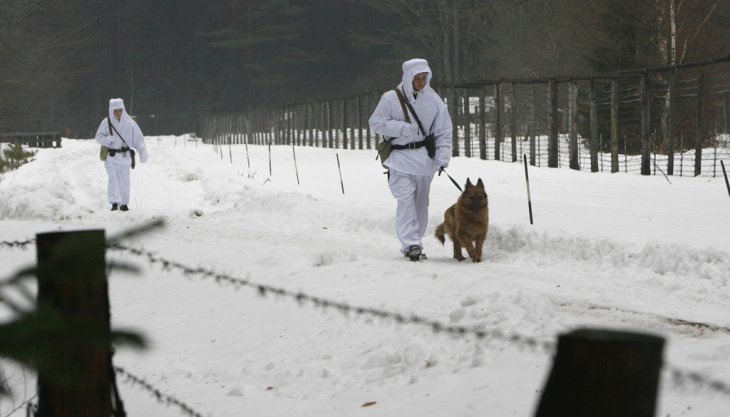
Guarding the border between Poland and Belarus. Photo: Egor Eryomov / RIA Novosti / CC-BY-SA 3.0
As a result, migrants are currently being violently pushed back and forth in no man’s land by border guards, perishing in sub-zero temperatures with no food, no water and no assistance from any humanitarian organization, unable to claim asylum or find refuge. According to reports, 7 migrants have died, at least 2 reportedly due to hypothermia and exposure to other elements.
